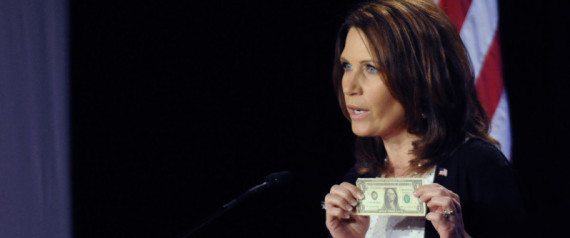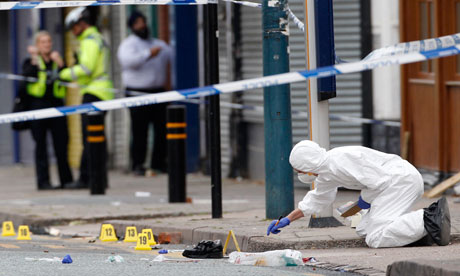Yesterday Harry Reid announced his picks for the Congressional debt-reduction “super-committee”: Senators Max Baucus, John Kerry and Patty Murray.
Most notable was who Reid didn’t pick—the three austerity hawk members of the “Gang of Six”—Kent Conrad, Dick Durbin and Mark Warner. Reid’s selections have a natural logic to them. Murray is a member of the Appropriations Committee, the fourth-ranking Senate Democrat and chair of the Democratic Senatorial Campaign Committee, which makes her one of the most powerful Democrats in the caucus. Kerry is a respected senior statesman in the party who’s become increasingly vocal on economic policy of late, “delivering ‘some powerful speeches’…in defense of Democratic Party priorities,” according to the Huffington Post. And Baucus, as we all know, is chair of the Senate Finance Committee, which has jurisdiction over Social Security, Medicare, Medicaid and tax revenue.
Most notable was who Reid didn’t pick—the three austerity hawk members of the “Gang of Six”—Kent Conrad, Dick Durbin and Mark Warner. Reid’s selections have a natural logic to them. Murray is a member of the Appropriations Committee, the fourth-ranking Senate Democrat and chair of the Democratic Senatorial Campaign Committee, which makes her one of the most powerful Democrats in the caucus. Kerry is a respected senior statesman in the party who’s become increasingly vocal on economic policy of late, “delivering ‘some powerful speeches’…in defense of Democratic Party priorities,” according to the Huffington Post. And Baucus, as we all know, is chair of the Senate Finance Committee, which has jurisdiction over Social Security, Medicare, Medicaid and tax revenue.



















